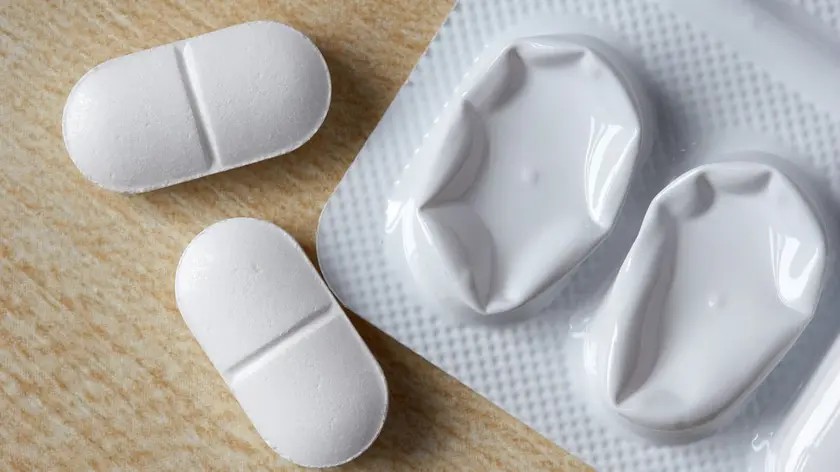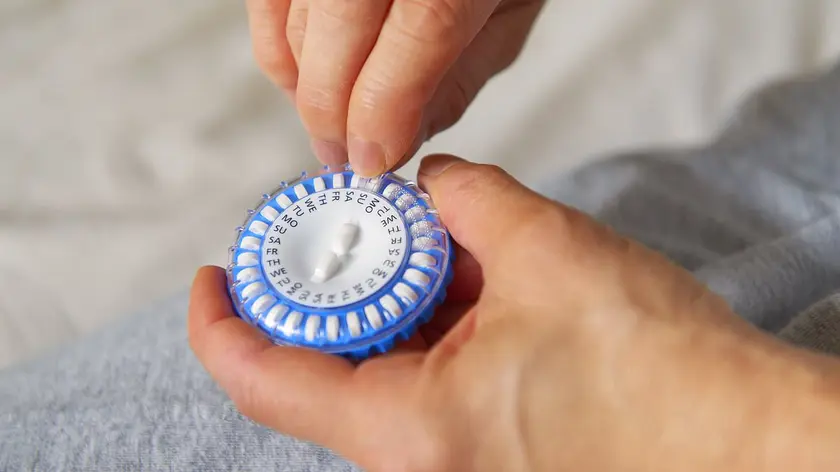T4K3.news
Long term PPI use prompts rethink of heartburn treatment
Health experts urge prioritizing diet and lifestyle changes over prolonged PPI use for heartburn, due to safety concerns and mixed evidence.

A health writer argues that long term PPI use may carry risks and that diet and lifestyle changes can provide safer relief.
Long term PPI use prompts rethink of heartburn treatment
Proton pump inhibitors such as omeprazole are widely used to relieve heartburn and are inexpensive. Guidelines from NICE advise limiting prescription to a couple of months, yet many patients stay on PPIs for years. Doctors often rely on repeat prescriptions, and PPIs are sometimes prescribed as a precaution alongside other medicines to prevent symptoms before they start. Critics say this approach masks the root causes of heartburn, especially diet and lifestyle.
Emerging evidence links long term PPI use to health concerns including effects on the gut microbiome, osteoporosis, and in some analyses to cancer and dementia, though experts caution the evidence is not settled. Advocates of diet based plans argue that symptoms can be reduced or even eliminated by cutting trigger foods such as fatty meals caffeine and alcohol and by achieving a healthier weight. A planned UK trial will compare PPI treatment with diet advice and over the counter antacids to see which approach offers safer relief for NHS patients. Separately, social media has popularized quick fixes that promise instant results, underscoring the need for clear medical guidance.
Key Takeaways
"Diet changes are the way forward when it comes to treating heartburn"
Dr Hobson on diet driven relief and upcoming NHS trial
"The only hack that I ever recommend to my patients is to sleep on their left side"
Practitioner guidance for practical relief
"Eating alkaline foods may provide a small amount of relief, but the change is not going to be significant"
Discussion of popular social media advice
"Within months I noticed that I was getting fewer and fewer symptoms"
Suzanne Emery case study illustrating diet based relief
Long term PPI use exposes a gap in the health care system. It is cheaper and simpler for busy clinics to renew a prescription than to spend time guiding patients toward diet and lifestyle changes. If the NHS embraces diet based care supported by solid evidence, doctors could help patients reduce dependence on pills while improving gut health.
Public messaging will shape how people respond to this shift. A credible trial could tilt policy toward food first strategies but it will require resources to train clinicians and track outcomes. Meanwhile social media chatter can mislead patients with questionable hacks, making a careful and clear approach essential.
Highlights
- Diet changes beat pills when heartburn sticks around
- Pills mask the problem not cure the cause
- Sleep on the left side to keep acid away from the esophagus
- Gut health could determine how heartburn behaves long run
Health policy and public reaction risks
The piece raises concerns about long term PPI safety and calls for diet driven care, which could impact prescribing habits and NHS budgeting. It also notes a planned clinical trial and the potential shift in guidelines, highlighting the need for clear public messaging and clinician training.
A wiser approach blends medical care with everyday choices.
Enjoyed this? Let your friends know!
Related News

PPI use prompts digestion concerns

Long term PPI use under scrutiny

Warning over common acid reflux drug taken by millions

Gabapentin linked to dementia risk

Concerns raised about acid reflux medication

Weight loss jabs timing and NHS coverage

New study reveals risks of bone fractures after stopping HRT

NHS urged to support patients after obesity treatment
